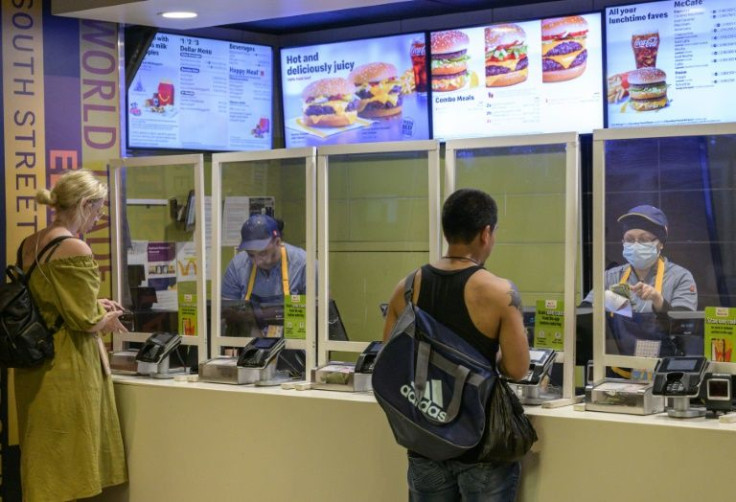Starting Monday, Fast Food Workers In California To Get Minimum Wage Of $20 Per Hour

A new law in California is set to take effect, ensuring that the majority of fast-food workers will earn at least $20 an hour starting from Monday. This move aims to provide greater financial stability to a traditionally low-paying occupation. However, it also raises concerns about potential price hikes in a state already grappling with a high cost of living.
The law was passed by Democrats in the state Legislature last year, acknowledging that a considerable number of the over 500,000 fast food workers are not teenagers earning discretionary income, but rather adults who rely on their wages to support their families.
According to The Associated Press, the law garnered support from the trade association representing fast food franchise owners yet many of these owners have since voiced grievances about its effects, particularly amid California's slowing economy.
In the last decade, California has doubled its minimum wage for most workers to $16 per hour. During this period, a significant concern was whether this increase would lead to job losses as employers faced rising expenses.
The law emerged from extensive negotiations between the fast-food industry and labor unions, which had been engaged in contentious debates over wages, benefits, and legal obligations for almost two years. These discussions, marked by the unusual step of confidentiality agreements, ultimately led to the carefully crafted compromise reflected in the law.
The law is applicable to restaurants that provide limited or no table service and are affiliated with a national chain consisting of at least 60 establishments nationwide. However, exemptions are granted to restaurants operating within grocery stores and those specializing in the production and sale of bread as a standalone menu item.
The $20 minimum wage represents just the initial stage of the law's provisions. It establishes a Fast Food Council empowered to annually raise the wage until 2029, based on either a 3.5% increase or the change in averages for the U.S. Consumer Price Index for urban wage earners and clerical workers, whichever is lesser.
Meanwhile, California's unemployment rate has surged to become the highest in the nation, hitting 5.3% in February. A recent analysis of unemployment data conducted by the federal government uncovered a significant slowdown in job growth last year.
© Copyright IBTimes 2024. All rights reserved.






















